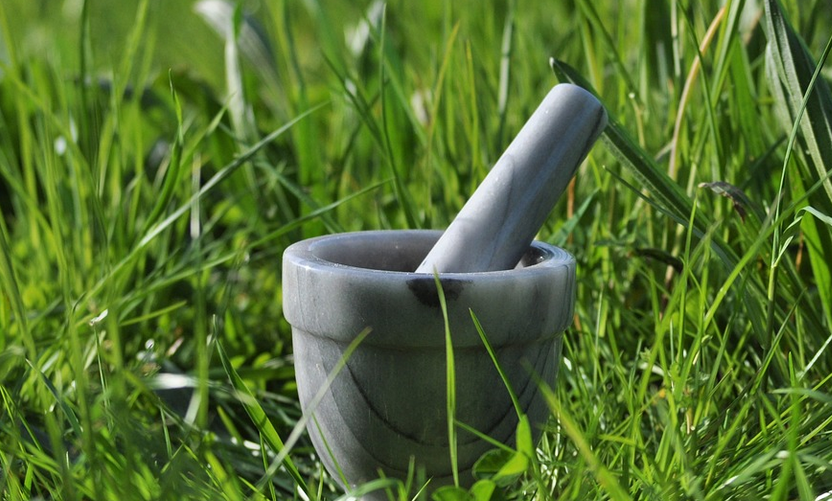The Connection Between Crohn’s and Potassium
Crohn’s disease is a chronic inflammatory bowel disease that can cause a wide range of symptoms, including abdominal pain, diarrhea, and fatigue. It affects the digestive system, and as a result, can impact your body’s ability to absorb nutrients. One nutrient that may be affected by Crohn’s disease is potassium.
What is Potassium?
Potassium is a mineral that is essential for many bodily functions, including regulating fluid balance, muscle contractions, and nerve impulses. It is found in many foods, including bananas, potatoes, and leafy greens.
How Does Crohn’s Disease Affect Potassium Levels?
Crohn’s disease can cause inflammation and damage to the lining of the intestines, which can impact the absorption of nutrients, including potassium. Additionally, if you have diarrhea as a symptom of Crohn’s disease, you may be losing potassium through your stool.
What Are the Symptoms of Low Potassium?
Low potassium, or hypokalemia, can cause a range of symptoms, including muscle weakness, cramping, and irregular heartbeat. In severe cases, it can even be life-threatening.
How Is Low Potassium Diagnosed?
Low potassium can be diagnosed through a blood test. If you are experiencing symptoms of low potassium, it is important to speak with your doctor to determine the cause and appropriate treatment.
What Are the Treatment Options for Low Potassium?
Treatment for low potassium may include dietary changes, such as increasing your intake of potassium-rich foods or taking potassium supplements. In severe cases, you may need to receive potassium through an IV.
How Can You Prevent Low Potassium?
If you have Crohn’s disease, it is important to work with your doctor to manage your symptoms and ensure you are getting the nutrients your body needs. Eating a balanced diet that includes plenty of potassium-rich foods can help prevent low potassium.
The Bottom Line
While Crohn’s disease may impact your body’s ability to absorb potassium, it is possible to prevent and treat low potassium through dietary changes and medical intervention. If you are experiencing symptoms of low potassium, speak with your doctor to determine the best course of action.

